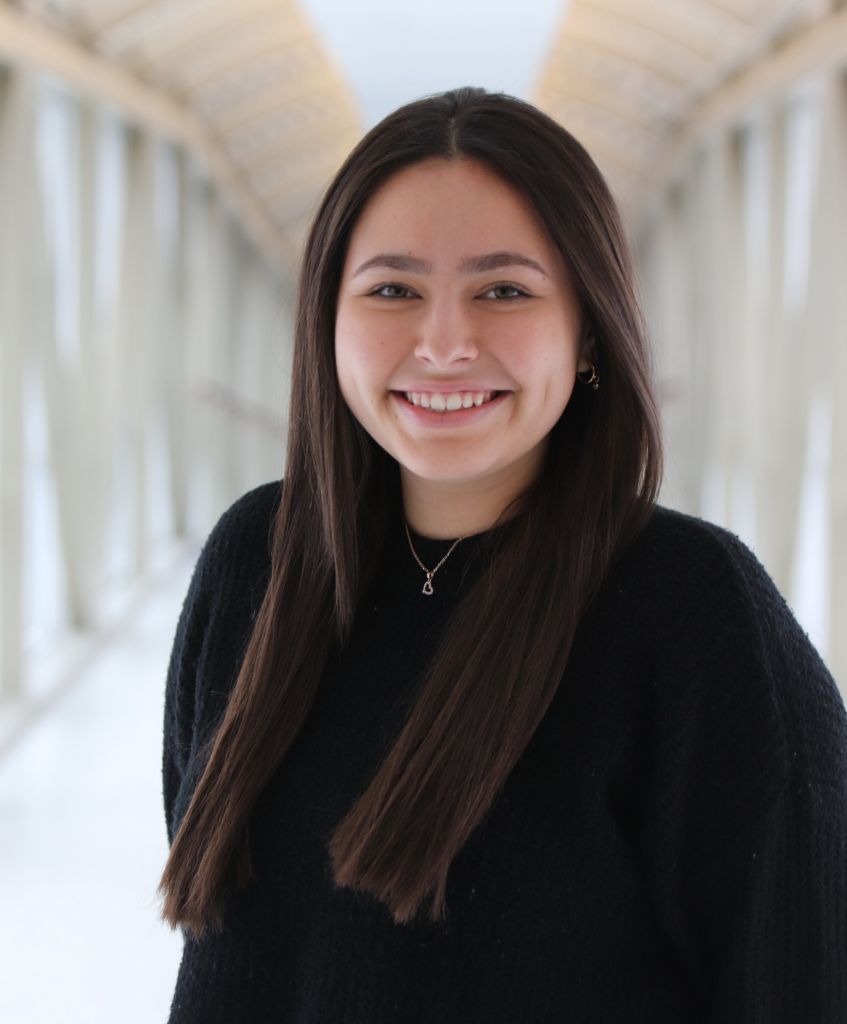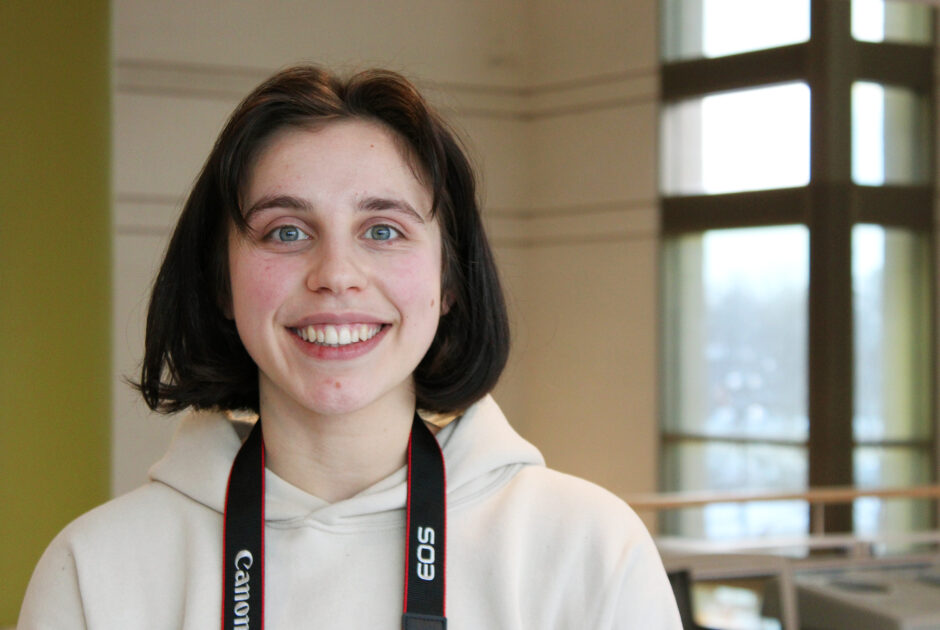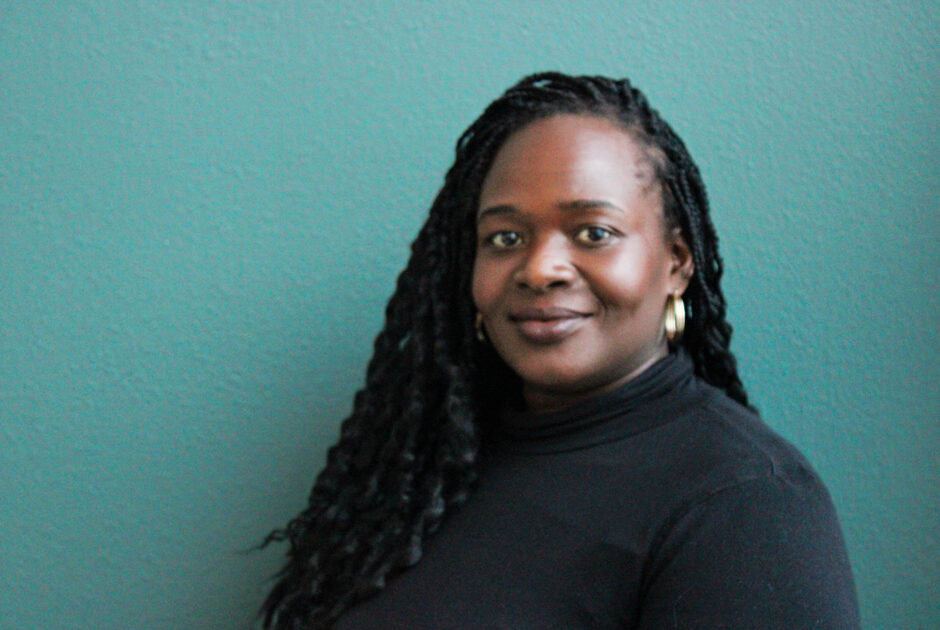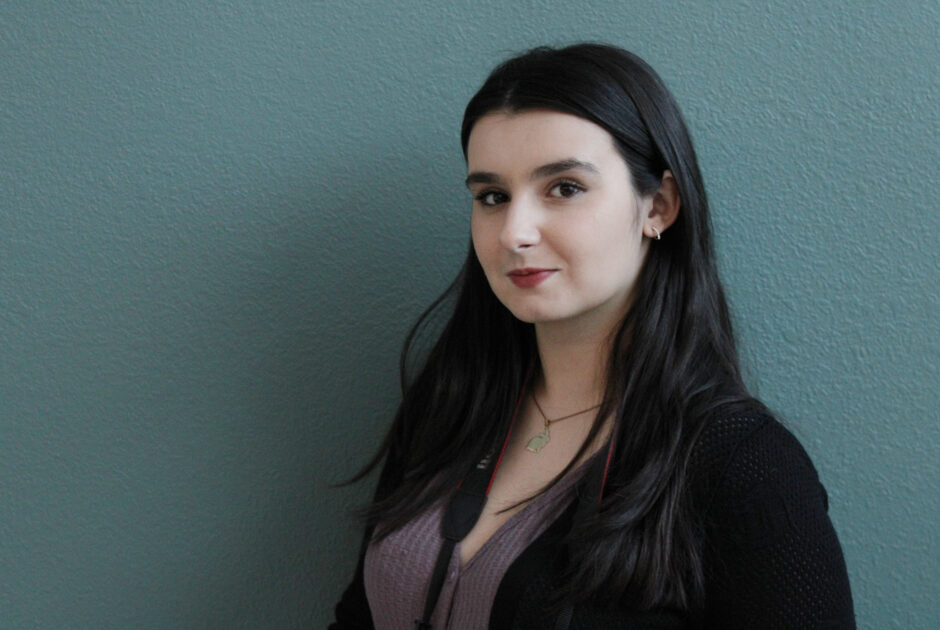The vandalism of Algonquin’s mural is nothing new

Every evening my roommate, Alex, and I sit down and talk about our days. We’re both from Kitigan Zibi, two hours north of Ottawa, and have know each other since we were kids. One night in late January, I told her about the Indigenous mural at school that had been vandalized. The news didn’t come as a shock to me nor did it really surprise my roommate. Here is why.
I learned at a young age that being Indigenous placed me in completely different category from people who are non-Indigenous. The small community I grew up in sits beside a French-speaking town. Growing up, I faced my fair share of racist comments and discriminatory acts. For instance, I’d see it in our text books at school when my class and I would read about Canadian history.
I am lucky enough to say I have not personally faced as many racist acts as others. But one comment from someone about where I come from or about the colour of my skin is enough.
So why am I not shocked by the recent defacement of Algonquin’s mural? It’s simple.
These actions no longer faze me. The fact is, these types of unacceptable actions have become a norm and an unfortunate reality for Indigenous people and many other minorities.
It’s not news to me that many First Nations people are disliked. People hate our “many privileges,” and the fact that we are all “drunken Indians.” After years of hearing uneducated, racial judgments, learning that paint was thrown on a mural becomes nothing new.
For years and years Indigenous peoples of Canada have been suffering ongoing acts of colonization, stripping of their identity, culture and language, forced to be placed into residential schools in hopes to assimilate us once more, and forced to live on unwanted land called reservations.
The act committed against the Indigenous community of Algonquin College should not be overlooked. Instead, we should be starting conversations about it, just as me and my roommate did. As an Indigenous student, I have become so accustomed to the poor treatment of Indigenous people that it is easier to push those feelings aside rather than always feeling angry.
As a person grows up, it’s normal to begin seeing the world as it is: with all of its positives and negatives. For me, I’ve quickly seen it for its true colours. And as much as I want to be hopeful for my future and for all future generations, there just comes a point where I just feel realistic.
To retaliate or be mad about what happened won’t fix anything. The mural will be repaired, but another hateful act will always replace it. For me, the power to fix this issue comes from being able to walk past the acts of racism everyday on my way to class and not let them affect me.
I have realized that people will be who they choose to be and do what they choose to do. If I let myself be affected by every action and every word, that is thrown at me or my community, I would never be able to live my life.








